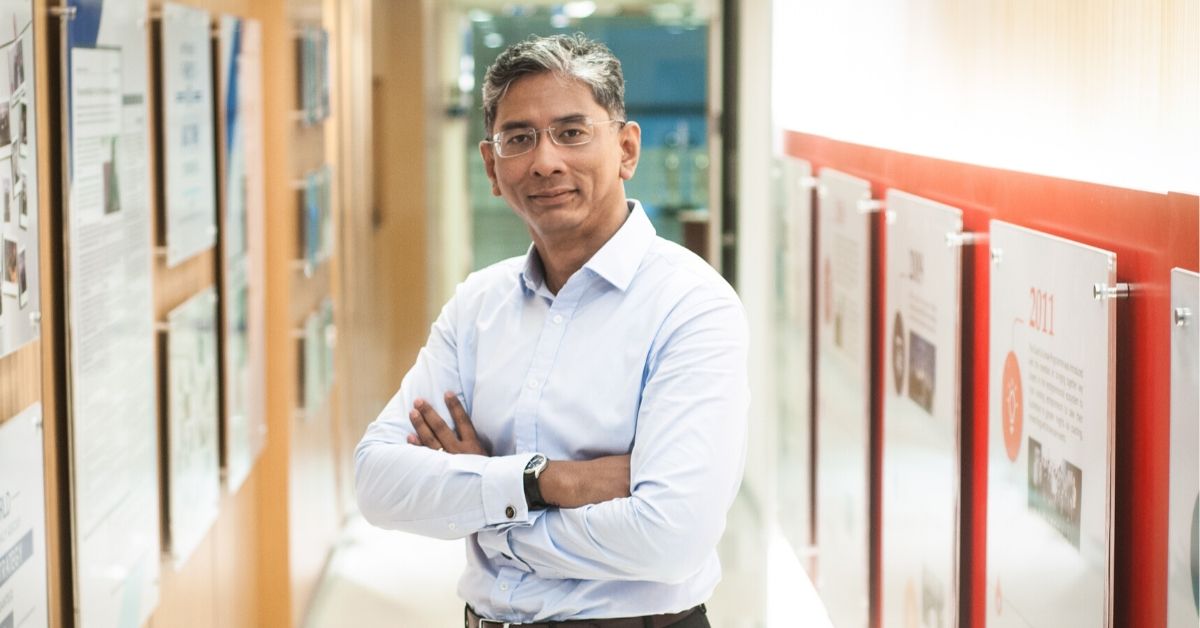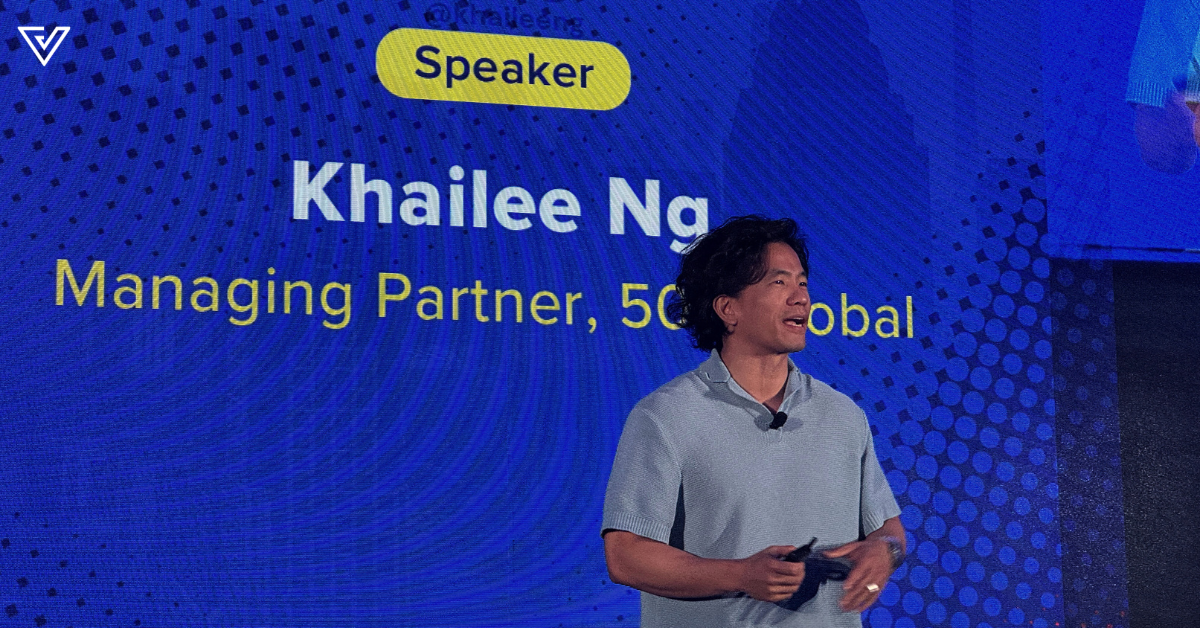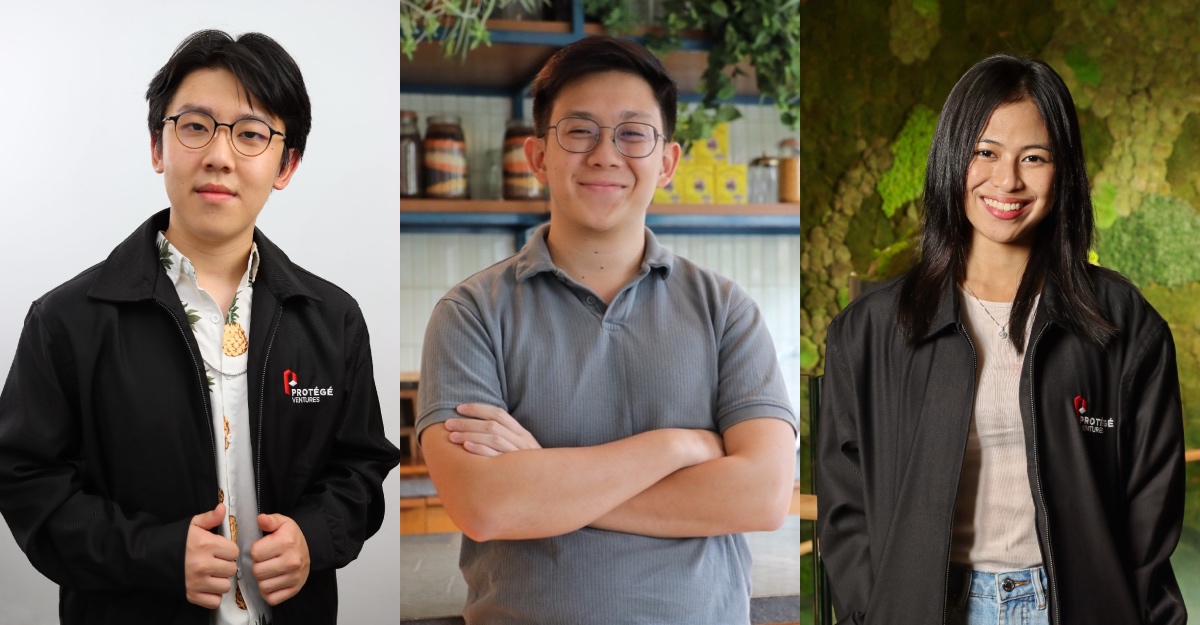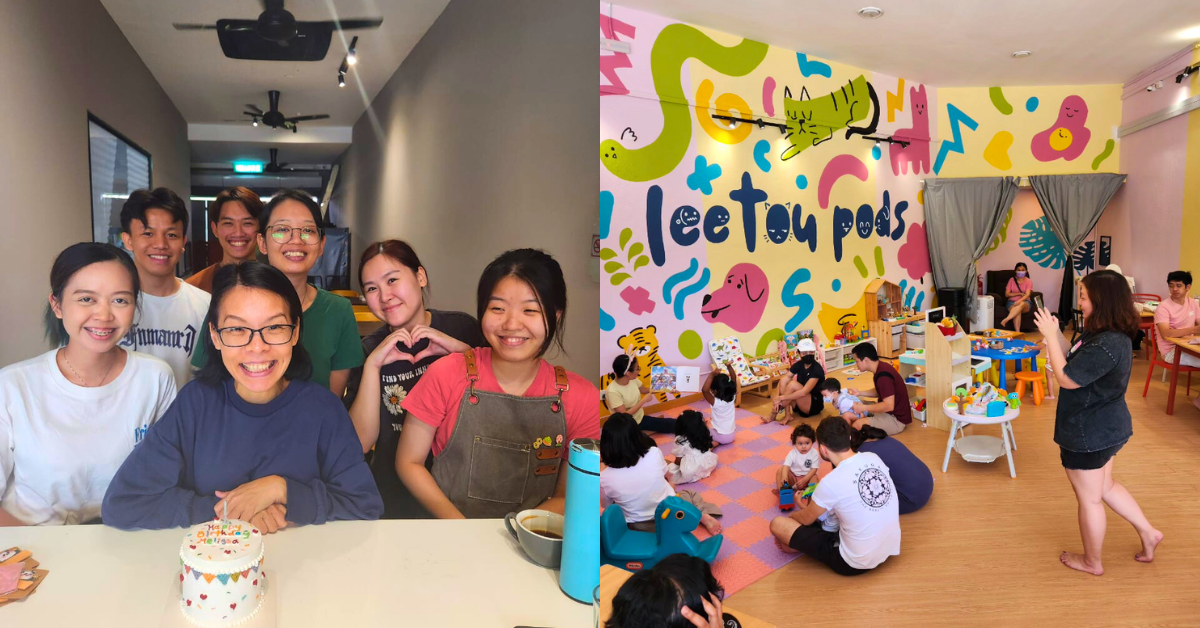Cradle Fund held its Cradle Startup Awards & Media Appreciation Night on November 21, 2019, during which its Acting Group CEO, Razif Abdul Aziz, spoke to reporters.
He told them that there was a lack of diversity when it came to the types of startups we have today, and who apply for Cradle’s grant products.
“It is becoming more and more difficult to pick truly innovative startups worthy of the taxpayers’ support,” he said.
When Malay Mail published its (now deleted) article of Razif’s talk, the headline they went with was a little more sensationalised in the way it was worded.

Yes, the meaning it carried wasn’t too far off, and Razif himself acknowledged that it wasn’t exactly inaccurate in a LinkedIn post.
However, it was still enough for social media users to voice out their displeasure towards Razif, Cradle, and the overall government’s involvement and support (or lack of it, according to some) of the local startup ecosystem.
Seeing that backlash, we decided to reach out to Razif to get more of an explanation on what he really meant that day.
Distractions From “True Innovation”
According to Razif, Cradle receives between 600 to 700 applications each year, and 80% or more of those are for tech startups in the digital tech and related sectors, and tend to be for very similar ideas.
“While we have no issues with this per se, as there is good argument for localisation or accounting for cultural or social differences, beyond that it becomes less clear how many of these startups will be able to survive in a crowded market,” he explained to Vulcan Post.
It is this sameness that creates this challenge. This pursuit of ‘low hanging fruits’, of things that are easy or easier to execute and deploy that is beginning to distract us from true innovation—where the ‘uber-isation’ of something becomes the norm rather than the exception, so much that it distracts us from innovating in real world issues such as the scourge of dengue, the high rate of non-communicable diseases, pollution, food security, etc.
Razif Abdul Aziz, Acting Group CEO, Cradle
So it seemed like he had very specific types of startups that he would personally like to see more of, which turned out to be hard tech startups.
Dictionary Time: Hard technologies are tangible components that can be purchased and assembled into assistive-technology systems. They include everything from simple mouth sticks to computers and software.
Britannica
“The ecosystem we see today is dominated by digital tech startups,” Razif said. “I would like to see tech startups that are bold enough to tackle real world issues such as the pollution of our river systems, traffic congestion or the eradication of dengue. The kind of issues that require science and technology to execute.”

But Razif also pointed out how this would make funding amount an issue. “Given that the hard tech startups will likely need more funds (and facilitation) to succeed, our ability to fund those startups may be limited by the amount of money we can provide.”
Therefore, for 2020, Cradle is proposing an all-new range of grant products with higher funding amounts to cater to a wider audience.
Not That Different From A Private Sector VC
Cradle funds all tech startups, from digital to hard tech ones that involve life sciences, robotics, and nanotechnology, to name a few.
Beyond its minimum eligibility requirements such as being tech based (which is widely defined) and being majority Malaysian owned, Razif told us that there are a lot more similarities than differences between what they look for as a grant providing agency and what a private sector VC would look for.
“This is simply because we need our startups to be ready for the real world from the get-go,” Razif explained.
Prospective applicants can expect these factors to be examined: product-market fit, market validation, scalability, traction, funding requirements, and ability to execute, etc.
Being able to show some form of traction isn’t a stated requirement, but if an applicant can demonstrate traction, it’ll set their application apart from the rest and increase their chances of advancing to the following stages.
Other notable aspects of Cradle’s grant process is that outside parties from the private sector are brought in at the final selection stages to help mitigate any biases in the process.

It also has comprehensive internal audit processes that keep tabs on everything so that Cradle remains compliant with SOPs and processes while audit issues are presented to the Audit Committee as well as the Board for resolution.
“At the end of the day, people are involved in the process, which means the system we have is not infallible or perfect in any way,” Razif acknowledged. “Taking feedback we have received so far, there is perhaps a good argument for us to publish at least some of those SOPs and processes to facilitate understanding by all involved. It will certainly be something we will consider going forward.”
And speaking of going forward, Cradle isn’t the only one with expectations either. Startups and entrepreneurs themselves will have their own expectations for Cradle, and here’s what it’ll be doing for 2020:
- All new grant programmes with higher fund limits designed to appeal to a wider range of startups from digital to hard tech;
- Continuation of services such as dedicated coaches for all recipients to assist in the business-building process, and access to a variety of services as well as freebies from its partners;
- The Coach & Grow Programme (CGP) will make a return with Season 5, which is highly recommended for startups looking for support beyond funding;
- It’ll be in universities and key hubs such as Penang, JB, KT, Kuching and KK, and hopes to build a conducive ecosystem for public and private universities in order to facilitate the emergence of innovative new tech and draw in private sector interest;
- Continuation of work to attract private sector interest in the tech startup space through collaborations and engagements.
Razif himself expects 2020 to be a challenging year, what with the local and global economies in flux due to trade and geopolitical issues.
“I think startups should push hard for any initiative that will enhance their resilience. We at Cradle will do our best to facilitate and assist in other ways so our startups can continue to progress,” he assured.
- You can read more about what we’ve written on Cradle here.









